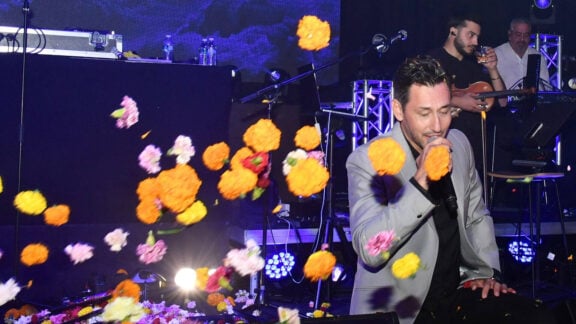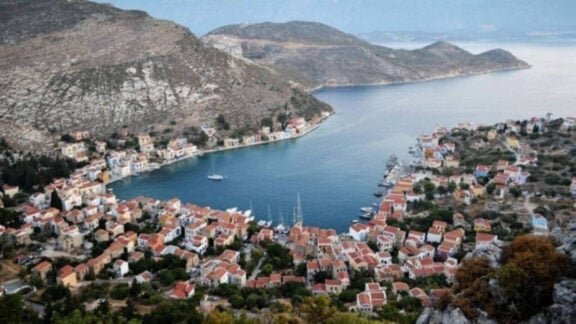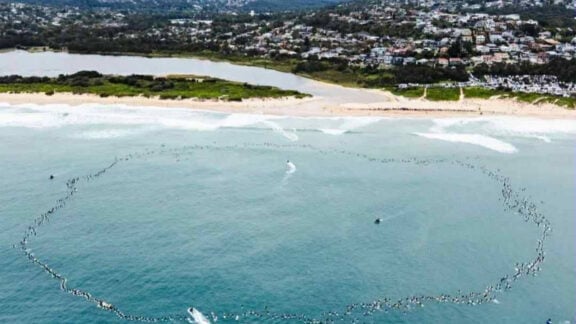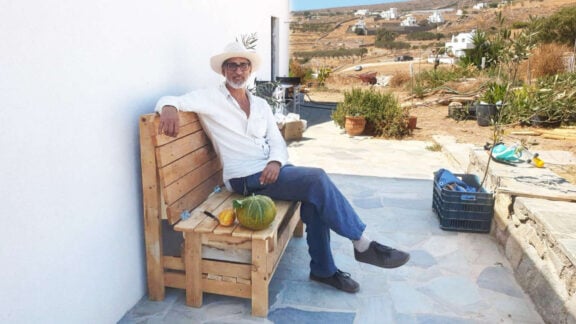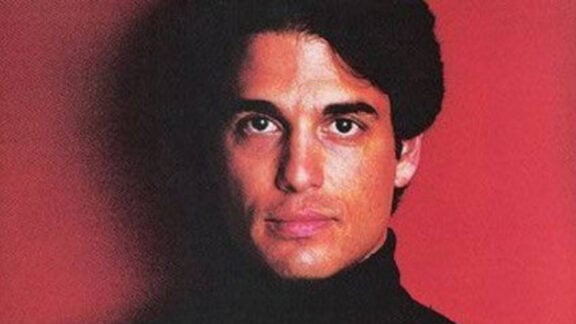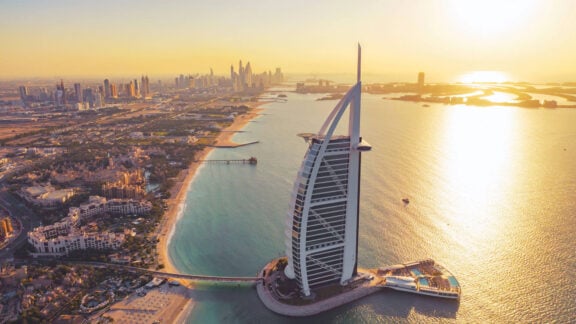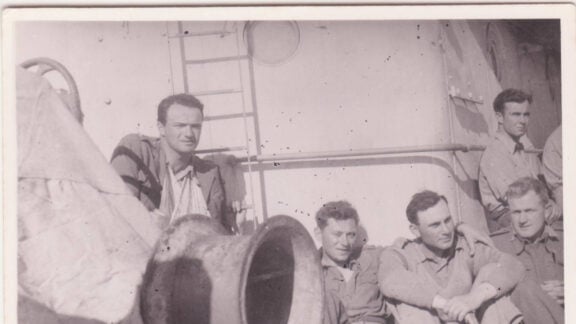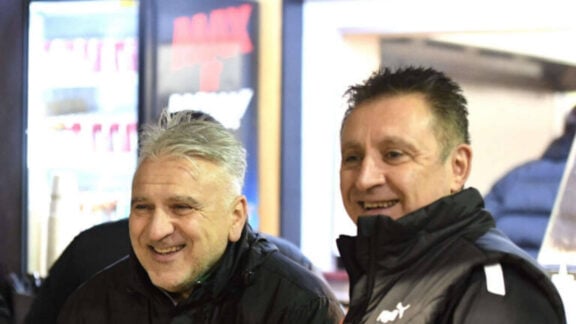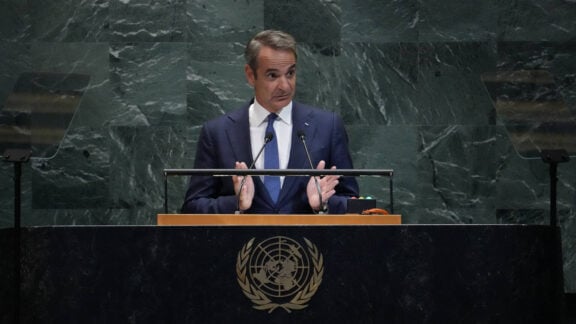Does Brisbane have an identity problem? Becoming an Olympic host was supposed to put it on the map but a 2032 Games boss concedes the Queensland capital still doesn’t stand out in Australia, let alone internationally.
“I don’t think it’ll surprise anyone in Brisbane to know Brisbane is not particularly well known globally,” 2032 Olympic CEO Cindy Hook told world media at an on-line briefing from Switzerland.
However, Ms Hook says they are excited by the challenge of creating a world-recognised brand for the River City.
Ms Hook addressed media after flying into Lausanne with 2032 organisers – including president Andrew Liveris – for their first progress meeting with the International Olympic Committee on Wednesday (AEDT).
The American-Australian executive announced the Games were on track but said the prospect of creating a Brisbane brand ahead of the Olympics was like using a “blank sheet of paper”.
And that sheet of paper had a “lot of white space”, she said.
“(Brisbane) doesn’t have a brand and even within Australia its brand is not distinct from the country itself.
“That creates a tremendous opportunity,” Ms Hook said.
“That also means we have to create a really compelling brand narrative and build that narrative which will take a little bit more time to do.”
Time is on the side of Brisbane-based marketing agency VMLY&R who have already begun work, with plans for young Indigenous leaders and aspiring athletes to provide input.

The long lead-up to the Brisbane Games – which were awarded in 2021 – was a “two sided coin”, Ms Hook said.
“You can get caught up in doing too much, too soon and making decisions you can end up regretting.”
But Ms Hook said the Games budget of almost $5 billion was on track.
“We’ve spent very little and that is intentional,” she said.
Mr Liveris said they remain committed to making the Games cost-neutral, with about 85 per cent of necessary infrastructure already in place.
Projects such as the Gabba’s $2.7 billion rebuild and new $2.5 billion Brisbane Arena in the CBD will be funded separately by the Queensland and federal governments respectively.
“We need a world-class stadium for Brisbane independent of the Olympics and AFL and cricket are driving that process – we will be a beneficiary of it,” Mr Liveris said.
“(The Gabba is) … for the state … and the Brisbane Arena will go way beyond a swimming venue … post-Games … so (it’s) a legacy feature for the state.”
IOC co-ordination commission chair Kirsty Coventry said the rebuilt Gabba was set to be an “incredible venue” that would also benefit the community.
Under existing IOC rules the Brisbane event program won’t be known until after the 2028 Olympics.
But Ms Coventry suggested said there may be “adaptability, flexibility” for Brisbane’s timelines.
Mr Liveris said organisers aimed to host “the most inclusive Games ever” with a strong emphasis on First Nations people.
There will also be beer.
Quizzed about Paris 2024 organisers announcing the general public would not be allowed to drink alcohol at venues, Mr Liveris said: “We’ll serve a beer because we can.”
Source: AAP

